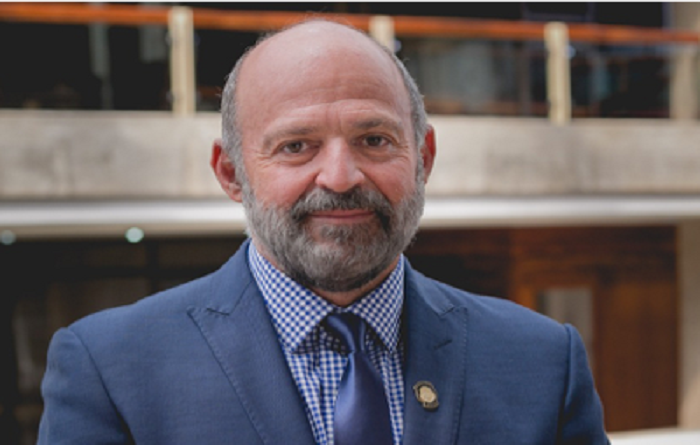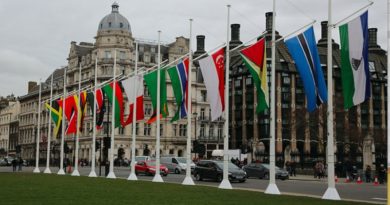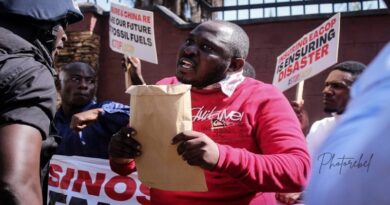GEF chief commits to address challenges across full life cycle of plastic as treat negotiations end
Following the end of plastic pollution treaty negotiations, Global Environment Facility CEO and Chairperson Carlos Manuel Rodríguez indicated that the GEF will keep working to address challenges across the full life cycle of plastic.
The GEF has invested $1 billion in plastic pollution solutions over the past decade and stands ready to support implementation of an intended future agreement.
Global Environment Facility CEO and Chairperson Carlos Manuel Rodríguez led a delegation in Geneva to the second part of the fifth session of the Intergovernmental Negotiating Committee (INC5.2), where negotiators worked towards a new international legally binding instrument on plastic pollution, including in the marine environment.
Following the end of the meeting, he issued the following statement: “While it is disappointing that an agreement was not reached this week in Geneva, I was heartened to see the committed efforts by ministers and negotiators in pursuit of a new plastic pollution treaty that can underwrite meaningful, positive, long-term impacts. The Global Environment Facility is a committed and leading investor in plastic pollution solutions, and we stand ready to support implementation of an intended future treaty. In the meantime, we will continue our ambitious investments to address challenges across the full life cycle of plastic, and will prioritize pollution control throughout our programming as a core priority for our next replenishment period.” – GEF CEO and Chairperson Carlos Manuel Rodríguez
The Global Environment Facility (GEF) includes several multilateral funds working together to address the planet’s most pressing challenges in an integrated way. Its financing helps developing countries address complex challenges and work towards meeting international environmental goals. Over the past three decades, the GEF has provided more than $26 billion in financing, primarily as grants, and mobilized another $153 billion for country-driven priority projects. This includes $1 billion invested in plastic pollution solutions over the past decade, across the entire life cycle, generating $6.6 billion in co-financing from other sources. These investments have prevented nearly 25 million metric tons of plastics from entering the waste stream.




